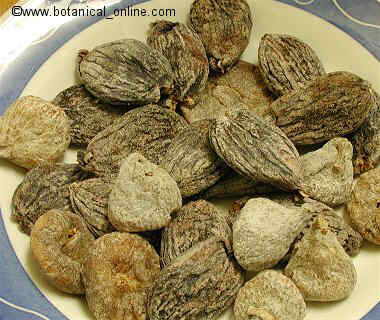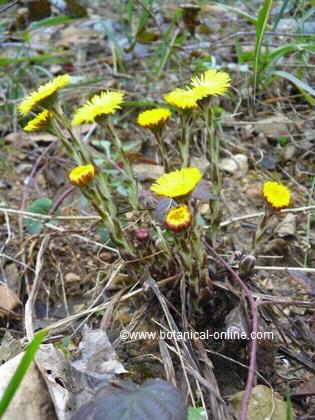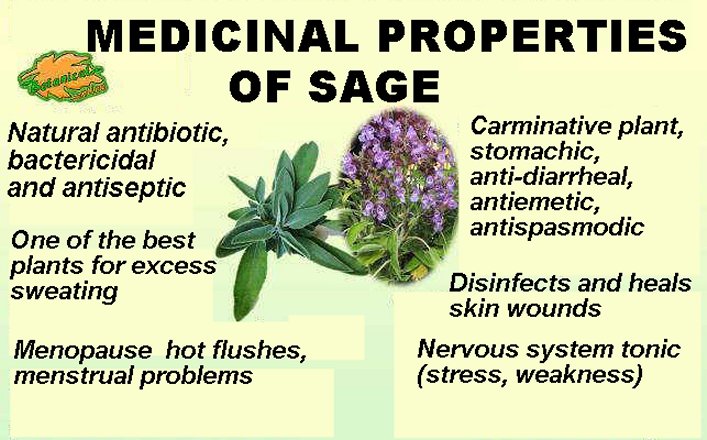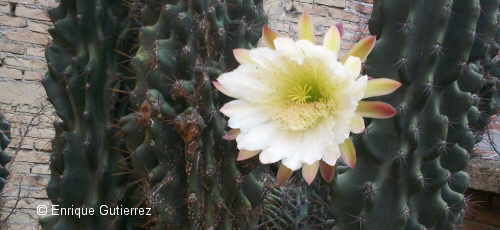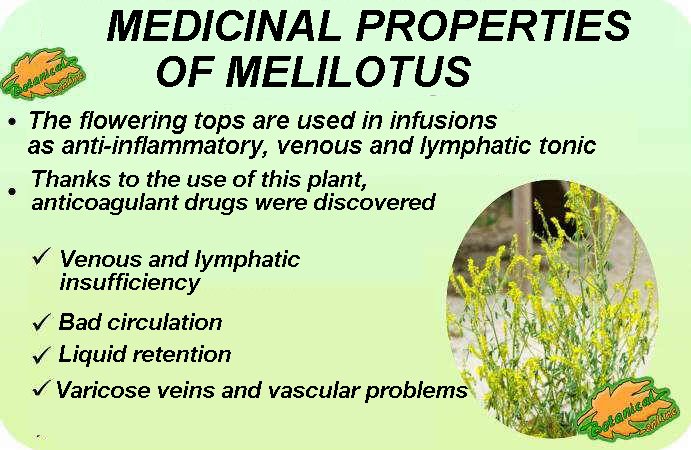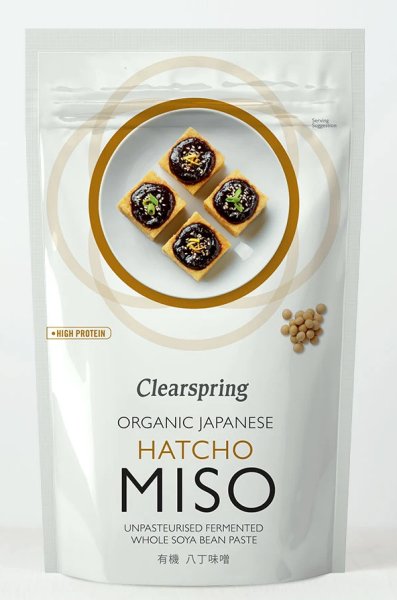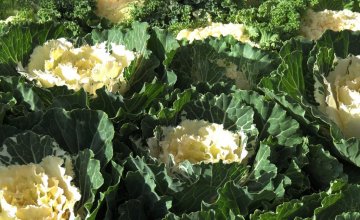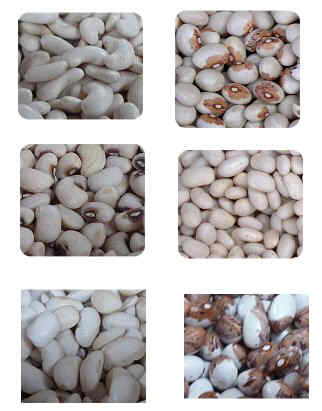Contents
Natural coagulants
PLANTS FOR BLOOD CLOTTING
What are coagulant plants?
There are coagulant plants and foods that can increase clotting or blood thickness.
This is because they contain a lot of vitamin K, the coagulation vitamin.
These plants can also cause side effects if consumed in excess, because they reduce the effect of natural anticoagulants or anticoagulant drugs such as warfarin, acenocoumarol (Sintrom) or heparin.
What are the coagulant plants used for?
Coagulant plants may be well suited in herbal or diet therapy for the treatment of bleeding.
For example, the use of these plants may be appropriate for people who are prone to ailments caused by a lack of clotting as nosebleeds, bruises, etc.
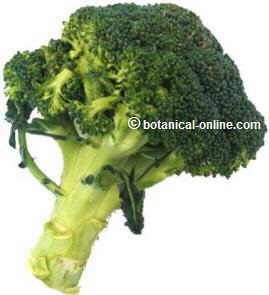
Broccoli contains a lot of vitamin K that increases clotting
Food for blood clotting
Coagulant foods are mainly those foods that contain lots of vitamin K, because from this vitamin the liver produces clotting factors in the blood.
Among the foods rich in vitamin K, the richest are cruciferous vegetables (broccoli, cauliflower, radishes, turnips, arugula, mustard, wasabi, etc.)
* More information: Blood clotting diet
Food interactions with anticoagulants
Foods rich in vitamin K can decrease the effect of anticoagulant drugs and, thus, increase the risk of blood clots.
This means that these plants should not be combined with other remedies for circulation or blood-thinning medications.
Coagulant medicinal plants
Coagulant plants could reduce the anticoagulant properties. Among the main coagulant plants are those that are suitable to avoid bleeding, such as oak, or witch hazel.
Is it dangerous to use coagulants plants?
Any imbalance in blood clotting can have fatal consequences. For this reason, you should always consult a doctor before taking medicines that affect clotting.
![]() More information on anticoagulant and coagulant plants.
More information on anticoagulant and coagulant plants.

